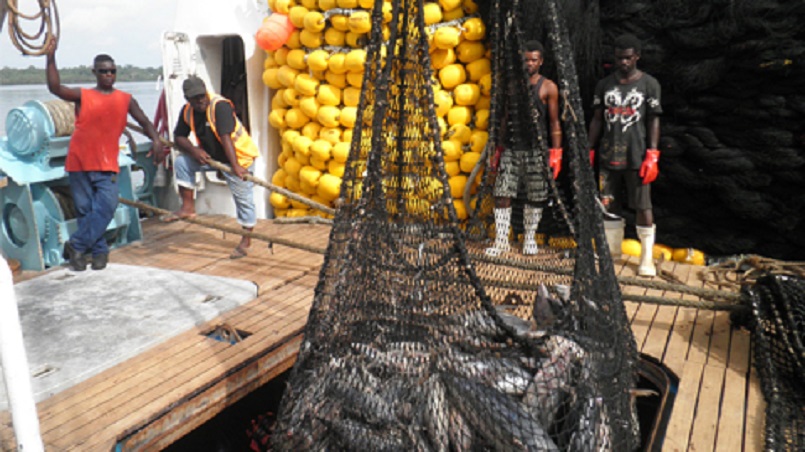
IFC, a member of the World Bank Group, has emphasized the need to deliver more jobs, retain economic benefits, and attract quality investment in the local fisheries sector.
This was the focus of IFC’s new research, which was presented at the Harbor Project Development Conference, hosted by the Solomon Islands Government.
IFC Senior Operations Officer, Dina Nicholas, said, “What we are seeing in the Pacific generally is that the fisheries industry only employs about 1 percent of its workforce locally. Only 10 percent of the catch is processed locally.”
IFC’s research assessed the costs and benefits of pursuing additional onshore fisheries processing investment in the Solomon Islands. It considered the costs of developing required port infrastructure on Malaita, a potential base for additional processing capacity, and expected investment requirements and returns of a fisheries processing operation near the wharf.
“Economic development based on tuna is an important goal for the Solomon Islands, but key constraints continue to restrict greater local participation and greater retention of benefits. We hope that this research will contribute to increasing retained value of landed catch in local markets while maintaining environmental and social integrity and global market access,” Ms. Nicholas added.
The Solomon Islands Ministry of Fisheries and Marine Resources, the host of the conference, invited local ministry representatives, international financial institutions, and the governments of Australia and New Zealand to the event to discuss the results of the research. Landowner groups from parts of Malaita have also been invited.
“Given the customary land ownership structure in most of Solomon Islands, the landowner groups will play a critical role in allowing this port development” said John Maneniaru, Minister of Fisheries and Marine Resources. “Including stakeholder groups is an important part of providing increased transparency around the Government’s planning processes. Furthermore, including landowner groups, at all stages, helps them to better understand the proposed development, its economic potential, and ensures they are included in the problem solving process”, said Mr. Maneniaru
Seva Payevskiy, IFC Resident Representative in Solomon Islands added that “A crucial step in attracting investors to this opportunity is giving them confidence in the processes, community engagement and governance.”
Fish exports from the Solomon Islands accounted for US$47.7 million in 2012. Currently, 2,300 Solomon Islanders are employed by SolTuna and its primary fish supplier, National Fisheries Development (NFD).
